Car Maintenance: Simple Tips to Keep Your Vehicle Running Smoothly
Feeling uneasy about the way your car sounds or handles? You don’t need a mechanic’s degree to keep it in good shape. A few easy habits and quick checks can stop small problems from turning into costly repairs.
Everyday Checks You Can Do at Home
Start with the basics: tyre pressure, oil level, and lights. A tyre that’s under‑inflated wears faster and can mess with your fuel bill, so grab a gauge and match the pressure on the sticker inside the driver’s door. While you’re at it, look for any cuts, cracks, or low tread – those are signs you need a new tyre soon.
Next, pop the hood and check the oil. Pull the dipstick, wipe it clean, reinsert and pull again. The oil should sit between the two marks and look amber, not black and gritty. Top it up if it’s low, and plan for an oil change every 5,000–7,500 miles depending on your car’s recommendation.
Don’t forget the lights. Turn on the headlights, brake lights, and indicators. If any look dim or don’t work, replace the bulb before you’re on the road at night. It’s a cheap fix that keeps you legal and safe.
Other quick checks include the windshield wipers and the battery terminals. Worn wiper blades splash water and reduce visibility, while corroded terminals can cause starting trouble. A simple clean with a brush and a little baking soda can keep the battery happy.
When to Call the Pros
Some issues need more than a DIY glance. If you hear a grinding noise when you shift, it could be a clutch problem or a transmission issue. Listening to the sound – whether it’s a high‑pitched squeal or a low growl – helps a mechanic diagnose the right fix. Ignoring it can lead to full clutch failure, which is pricey to replace.
Suspension symptoms are another red flag. A bumpy ride, uneven tire wear, or a feeling that the car is leaning when you brake can mean bad struts or bent suspension components. Driving with a compromised suspension hurts handling and can damage other parts, so get a professional inspection ASAP.
Engine performance issues often point to spark plugs or fuel delivery. Missed sparks cause rough idling, reduced fuel economy, and loss of power. If you notice a sluggish start or a sudden stumble when you accelerate, it’s time to test the plugs or the fuel pump. Both are quick checks for a garage but save you from bigger engine trouble later.
Finally, keep an eye on the cooling system. Overheating, steam, or a high temperature gauge means the radiator or water pump might need attention. A radiator that’s been in service for over 100,000 miles often shows leaks or reduced efficiency. Replacing it before it bursts avoids a roadside breakdown.
Regular service at a trusted centre, like Northwich Tyres Centre, covers these checks and more. They’ll align your wheels, balance your tyres, and spot early wear on clutch plates or suspension parts. Scheduling a yearly visit keeps the car’s health record up to date and gives you peace of mind.
Bottom line: a few minutes each week and a couple of visits a year keep your car reliable and safe. Small steps now prevent big expenses later, and you’ll enjoy a smoother, quieter ride every day.
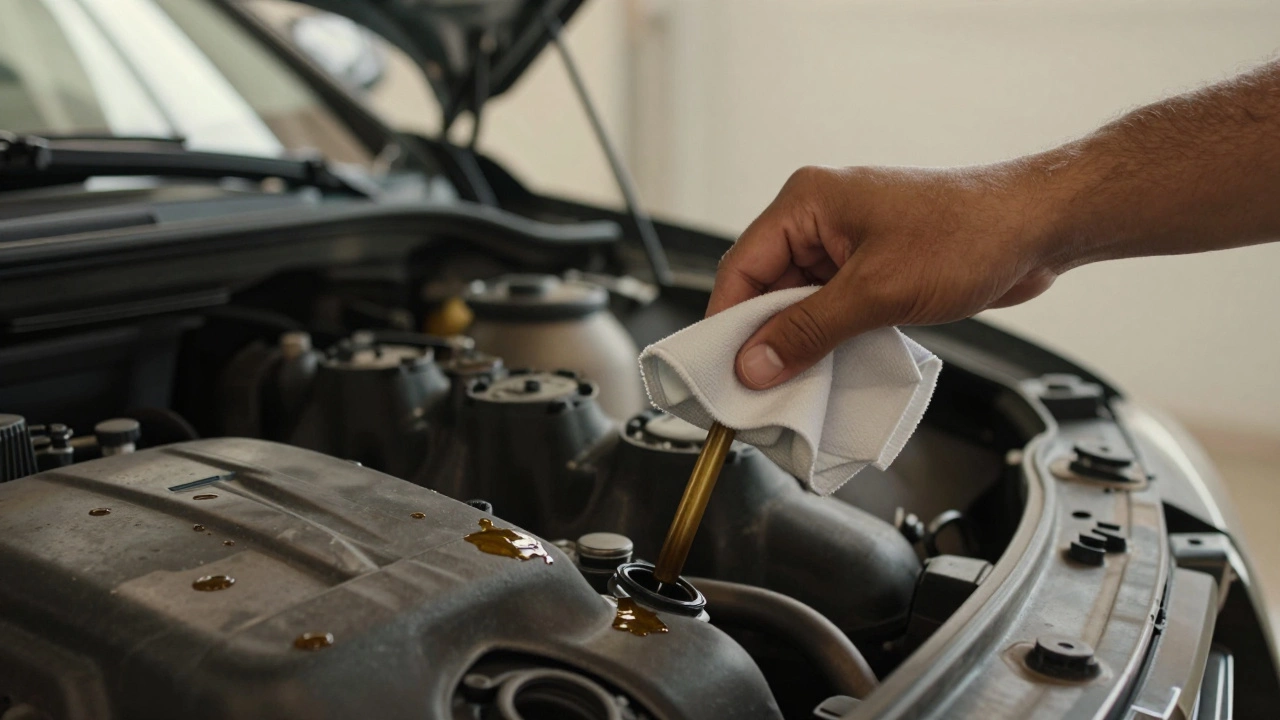 5 February 2026
5 February 2026
Can You Start Your Car Right After Adding Oil? Expert Guide
Learn whether it's safe to start your car right after adding oil. We break down the correct steps, common mistakes, and best practices to keep your engine running smoothly. No waiting required-just follow these simple guidelines.
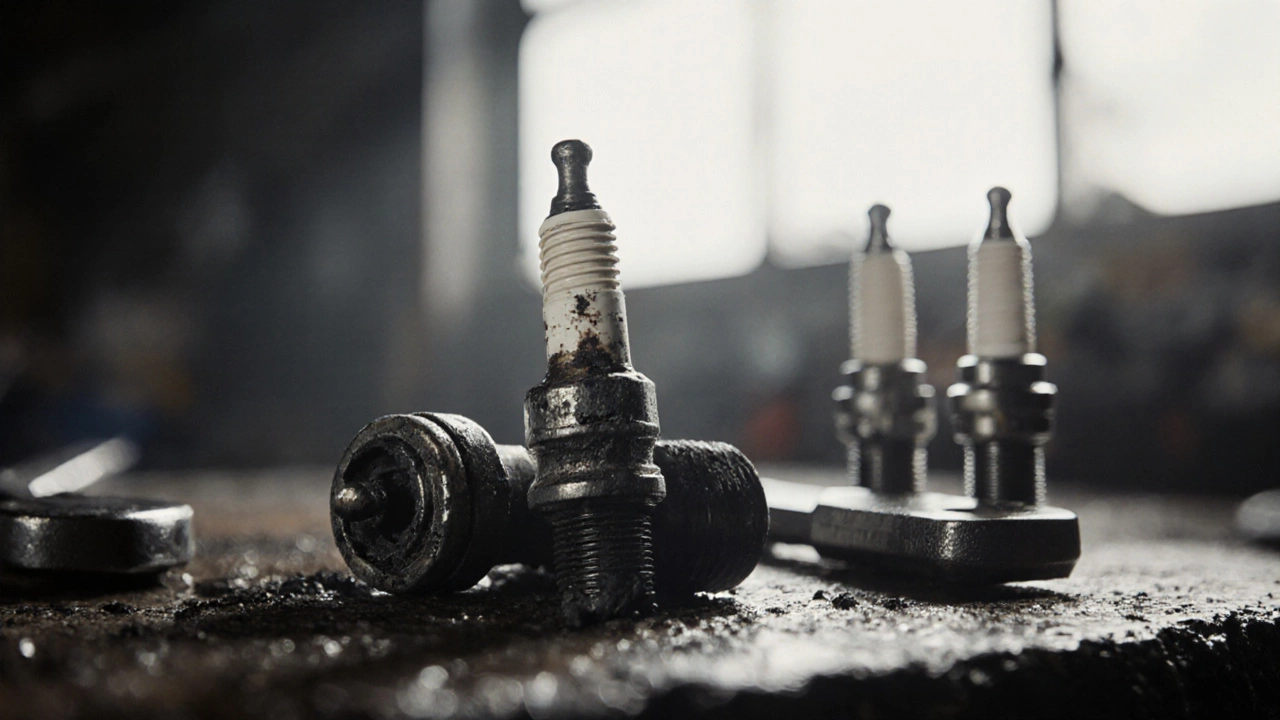 18 November 2025
18 November 2025
Do You Feel a Difference After Changing Spark Plugs? Here’s What Really Happens
Changing spark plugs won’t always make your car feel faster, but worn ones can hurt performance and fuel efficiency. Here’s what you’ll actually notice-and when it’s time to replace them.
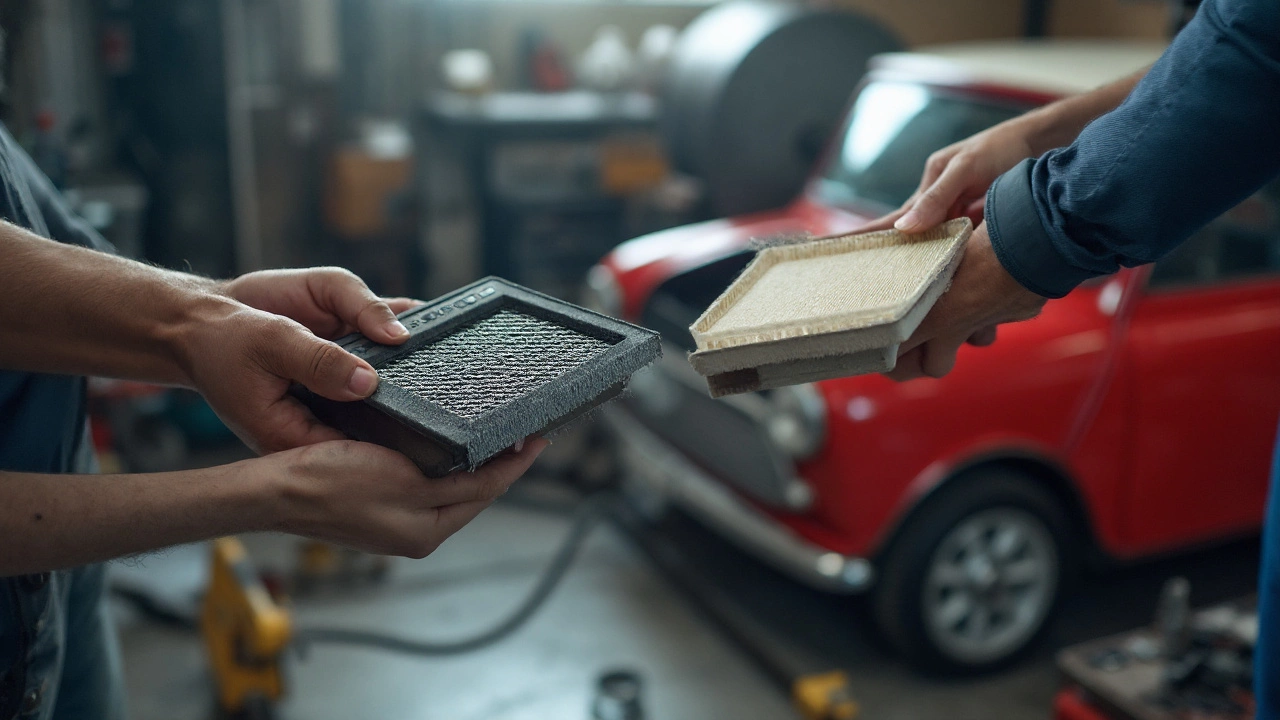 8 August 2025
8 August 2025
Are Expensive Air Filters Worth It? Comparing Air Filter Effectiveness
Wondering if pricier air filters actually keep your car safer or just empty your wallet? This article breaks down the facts, explains different types, and tells you what really works.
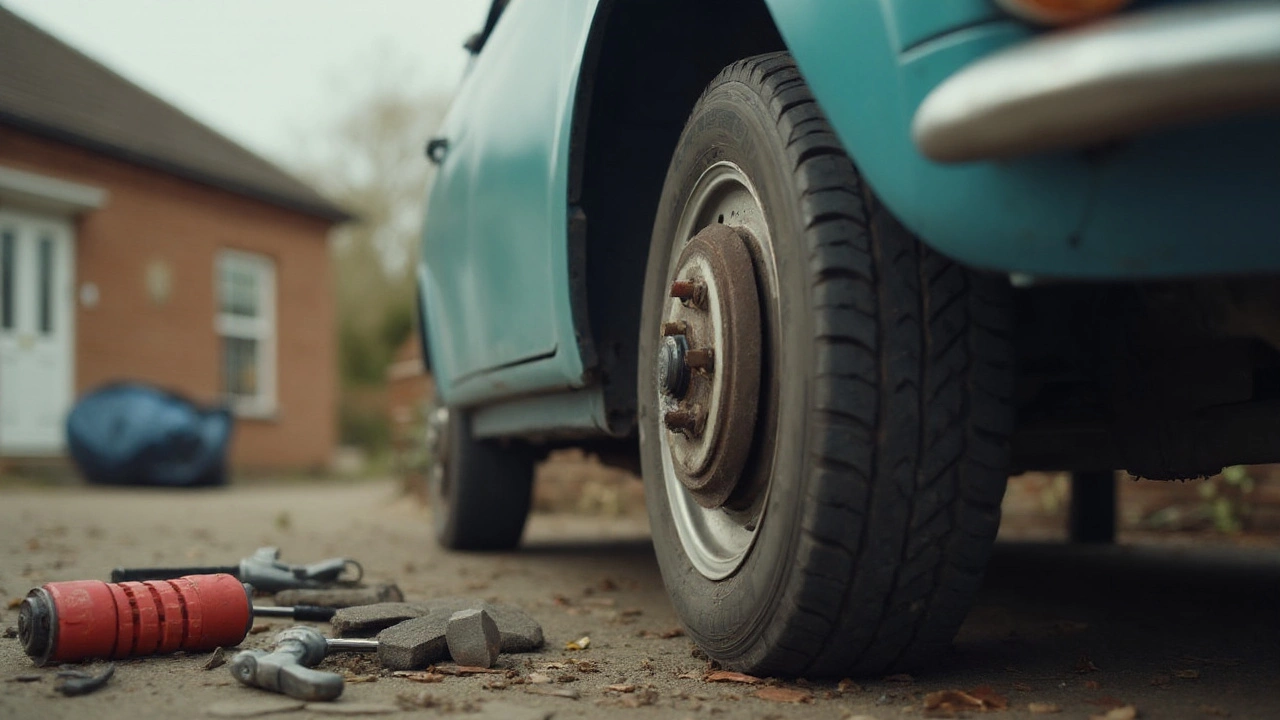 7 August 2025
7 August 2025
Is It Safe to Change Only Rear Brake Pads? Expert Tips for Car Owners
Wondering if you can just change the rear brake pads? Get practical info, real tips, and put safety first. Find out why, when, and how to make the right call.
 5 August 2025
5 August 2025
Do Alloy Rims Rust? The Truth About Alloy Wheel Corrosion and Maintenance
Wondering if alloy rims rust? Find out how alloy wheels resist rust, why they still corrode, and how to keep them looking sharp. Handy tips for car lovers.
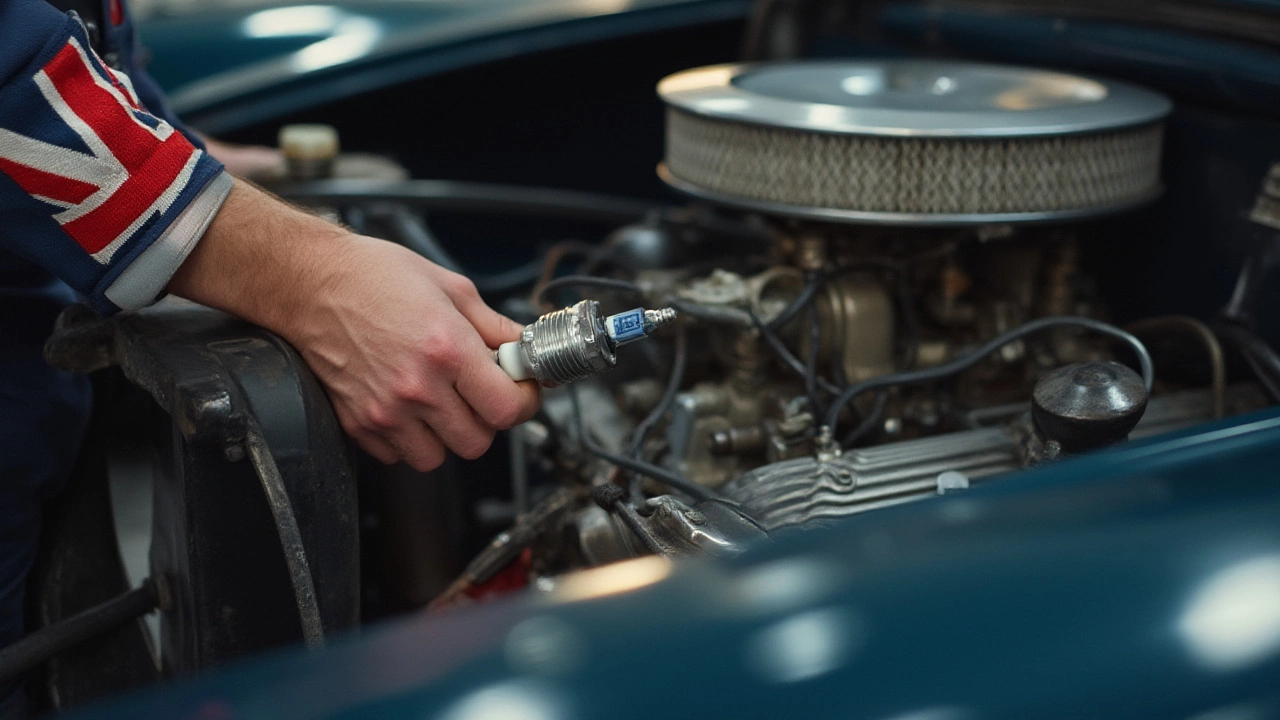 29 July 2025
29 July 2025
Do Spark Plugs Really Improve Engine Performance? Complete Guide
Explore how spark plugs affect engine performance, efficiency, and longevity. Learn what makes a difference and get expert tips for better car performance.
 22 July 2025
22 July 2025
Should You Replace Both Windshield Wipers? Expert Advice for Drivers
Find out if you really need to buy two windshield wipers, how to check blade sizes, when to replace them, and tips for longer-lasting wipers.
 19 July 2025
19 July 2025
How to Use Windscreen Wipers Like a Pro: Tips for Clear Visibility
Wondering how to use windscreen wipers effectively? Get practical tips, clear instructions, and discover why proper wiper use is more important than you think.
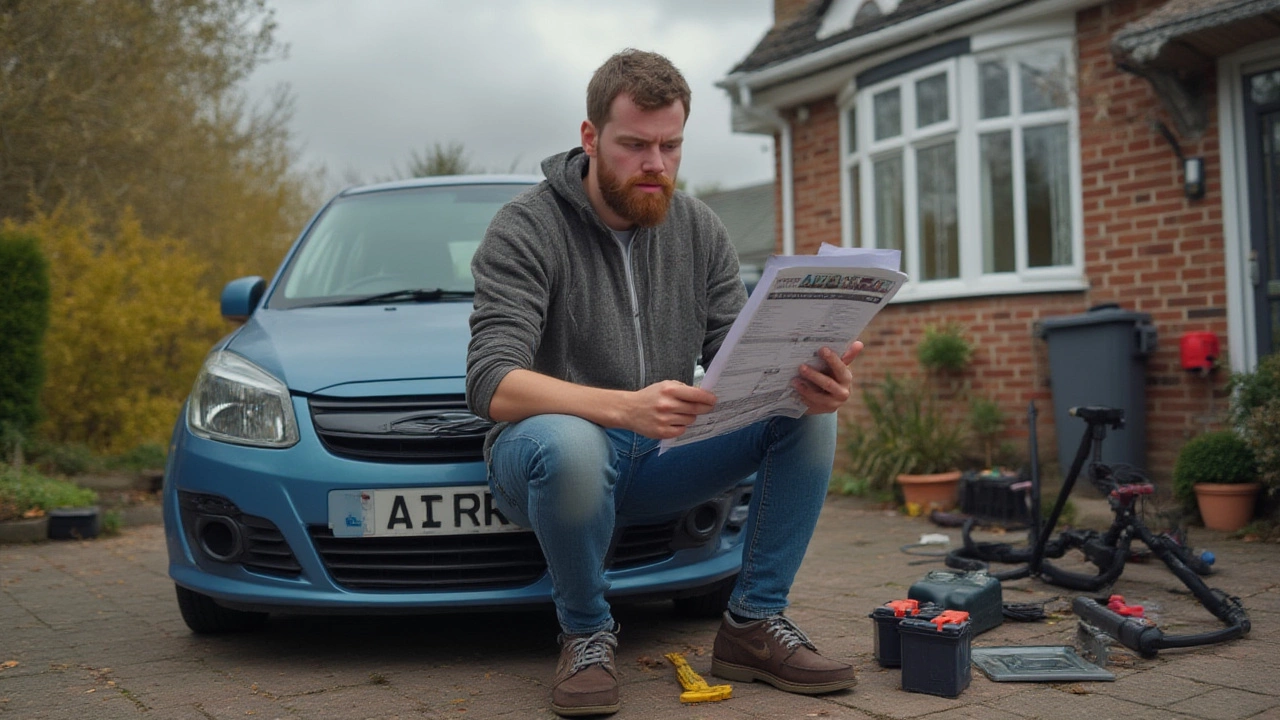 18 July 2025
18 July 2025
Can I Replace My Car Battery Myself? Step-by-Step Guide and Tips
Find out if you can replace your car battery yourself, get step-by-step guidance, discover pro tips, and learn what tools and safety steps you need.
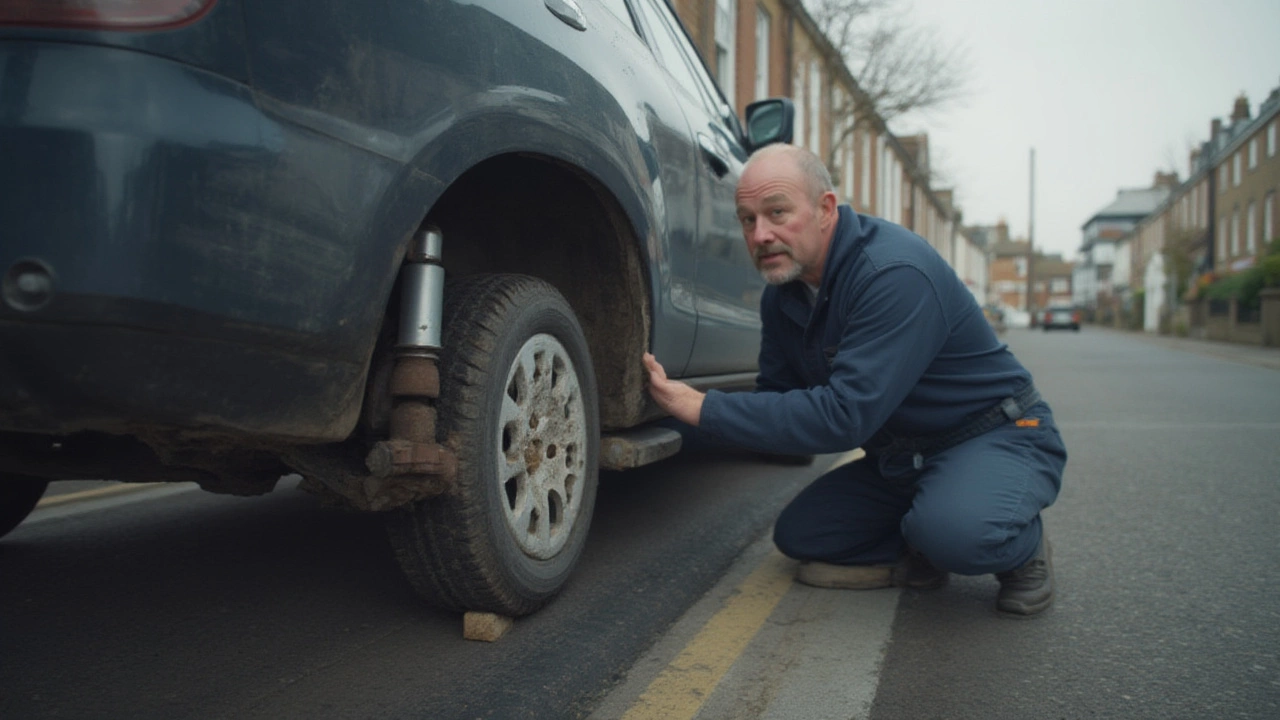 16 July 2025
16 July 2025
How to Spot Bad Suspension Shocks: Warning Signs and Solutions for Your Car
Learn how to tell if your car’s suspension shocks are bad, spot the warning signs, and get expert tips to keep your ride safe and comfortable.
 10 July 2025
10 July 2025
Bad Spark Plug Symptoms and Effects: What Happens if Your Spark Plugs Are Failing?
Bad spark plugs spell trouble for your engine—they cause rough idling, sluggish acceleration, and leave you stranded. Learn the warning signs, why they matter, and what to do if your spark plugs go bad.
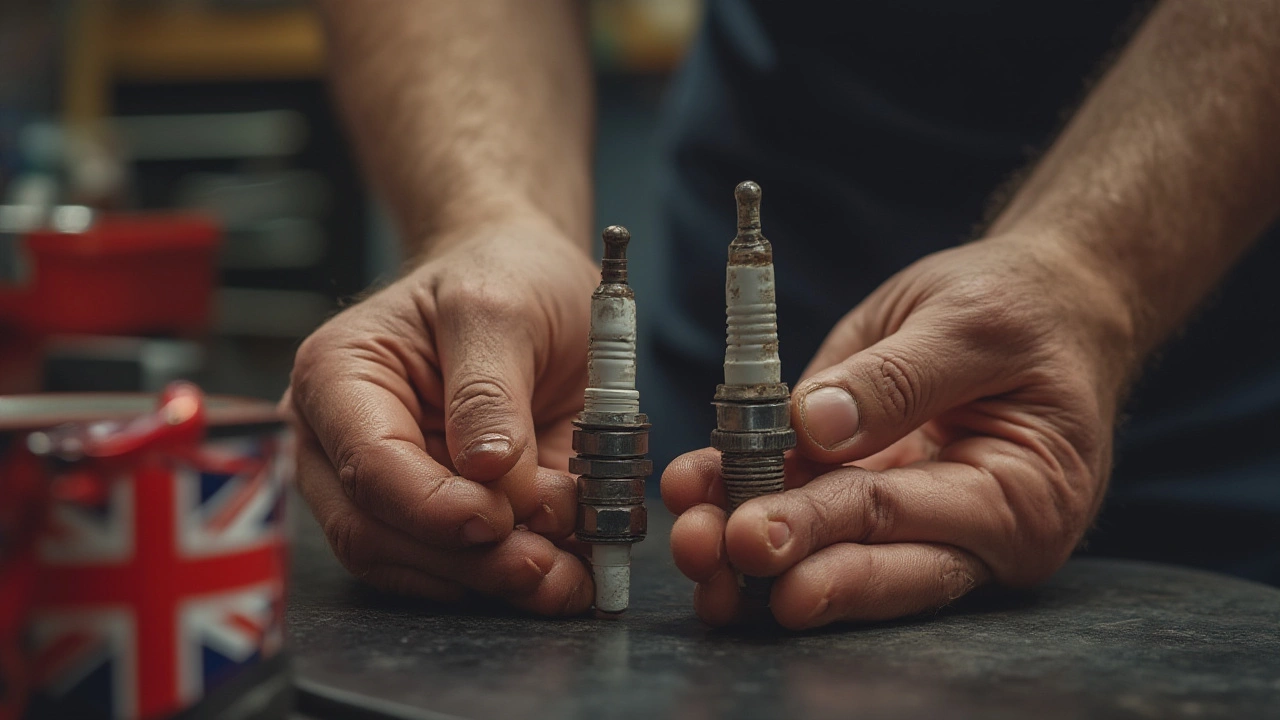 5 July 2025
5 July 2025
Spark Plug Lifespan: How Long Do Spark Plugs Really Last in Your Car?
Find out how long spark plugs really last, signs of wear, maintenance tips, and what impacts their lifespan. Stay ahead with expert car advice.
Latest Posts
-

Loudest Exhaust Types: A Deep Dive into Decibels and Roar
-

Signs Your Car's Fuel Pump Is Failing: What to Watch Out For
-
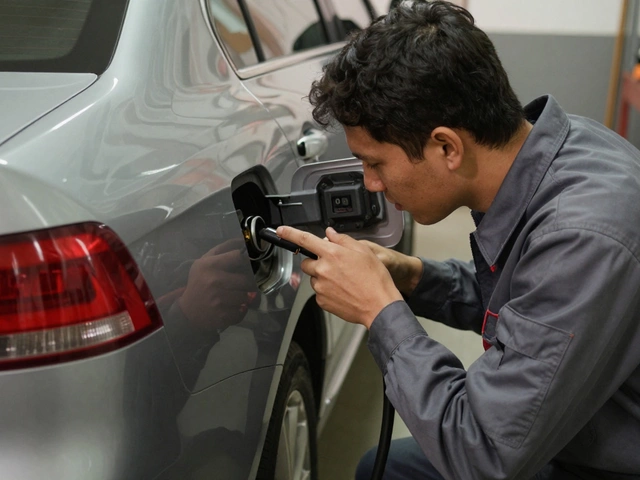
How to Test a Fuel Pump: Step-by-Step Diagnostic Guide
-
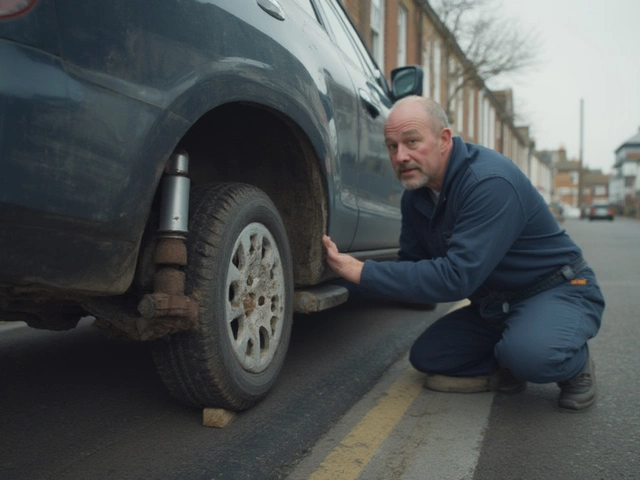
How to Spot Bad Suspension Shocks: Warning Signs and Solutions for Your Car
-
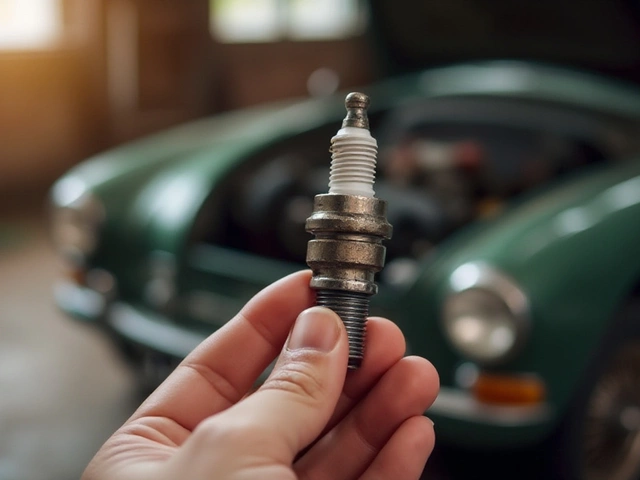
How to Identify and Fix Faulty Spark Plugs in Your Vehicle
Tags
- car maintenance
- engine oil
- spark plugs
- brake pads
- engine performance
- vehicle maintenance
- spark plug replacement
- windshield wipers
- fuel pump
- suspension parts
- clutch replacement
- oil change
- clutch kit
- car suspension
- car performance
- air filters
- car radiator
- exhaust systems
- fuel pump replacement
- engine misfire

0